5 Reasons Store-Bought Drain Cleaners Make Things Worse
Store-bought drain cleaners are often marketed as convenient solutions for clogged pipes. However, these products can sometimes exacerbate plumbing issues instead of resolving them. This article explores several reasons why relying on such cleaners may do more harm than good and suggests alternative solutions for dealing with clogged drains.
1. Chemical Composition and Corrosive Nature of Drain Cleaners
The chemical composition of most store-bought drain cleaners involves strong acids or bases. These chemicals are intended to break down organic waste inside pipes. However, their corrosive nature poses a significant risk to the integrity of plumbing systems. Over time, these harsh chemicals can erode pipes, leading to leaks or ruptures. Consequently, the short-term fix offered by drain cleaners may cause long-term damage to your plumbing infrastructure.
These products can also pose serious health risks. The corrosive nature not only deteriorates plumbing materials but also presents risks to humans. Contact with the skin or eyes can result in chemical burns, while inhaling the fumes may cause respiratory issues. In household settings where safety precautions are often overlooked, these risks are amplified. It's crucial always to follow safety instructions carefully when using such products to mitigate health hazards.
Moreover, there are environmental concerns associated with these chemical cleaners. Once they have been flushed down the drain, they enter water treatment systems and eventually natural water bodies. This can disturb aquatic ecosystems and contribute to environmental pollution. The corrosive elements in these cleaners are not always neutralized during wastewater treatment, creating potential pollution hazards. Thus, the use of these products can have far-reaching ecological impacts beyond your home.
2. Ineffectiveness on Certain Types of Blockages
Despite their powerful chemical composition, store-bought drain cleaners are not universally effective. They are designed primarily to tackle organic blockages, such as food waste and grease. However, they often fail against solid objects that may clog a drain. Items like small toys, feminine hygiene products, or accumulated mineral deposits can remain unaffected by these cleaners. This limitation means that the problem persists, possibly leading to the need for professional intervention.
Another common household issue is hair clogs, especially in bathroom drains. Many chemical cleaners are ineffective at completely dissolving hair, which tends to form tangled masses that resist breakdown. These clogs can trap more debris over time, exacerbating the blockage. Additionally, using chemical cleaners repeatedly in an attempt to dissolve hair can damage pipes. A physical intervention, such as using a plumbing snake, is often more effective against hair-related blockages.
Furthermore, non-organic material presents another challenge for chemical cleaners. Products made from plastic, metal, or other industrial materials require a different approach for removal. Additionally, these cleaners should be used cautiously in homes with septic systems, as they can disrupt the delicate balance of microorganisms necessary for waste breakdown. Over time, this could lead to a costly septic system failure. Misleading marketing claims can create false consumer expectations, leading to disappointment and additional costs when the cleaners fail to work as advertised.
3. Health and Safety Concerns
Health and safety are major concerns when using chemical drain cleaners. One of the most significant hazards is the potential inhalation of harmful fumes. Many common drain cleaners release toxic gases that can irritate the respiratory system if inhaled. This is particularly hazardous in poorly ventilated areas, such as small bathrooms. Inhalation risks also extend to pets and children, who may not adequately understand the dangers associated with these products.
Additionally, the substances in these cleaners can cause skin irritation and eye hazards. Accidental splashes during usage can lead to chemical burns and serious eye injuries. Even trace amounts on the skin can result in irritation and sensitivity issues. It's imperative that users wear protective gear, such as gloves and eye protection, when handling these products. Assuring proper storage in households, particularly those with children, is also crucial to preventing accidental contact.
Besides direct contact risks, improper storage of drain cleaners poses another threat. Many households overlook the importance of child-proof containers and secure storage locations. Furthermore, these cleaners can react dangerously with other household chemicals. An accidental mixture of drain cleaner with ammonia or bleach can produce noxious fumes that are dangerous to both humans and pets. Proper education on precautionary measures is essential to minimize these health risks.
4. The High Cost of Temporary Solutions
On the surface, chemical drain cleaners might seem like an economical and convenient option. Their low initial cost is appealing, but frequent use can lead to recurring expenses. Store-bought drain cleaners are often temporary solutions that do not address the root cause of the problem. This can lead to repeated purchases over time, cumulatively costing more than a permanent solution would have. It is crucial to consider these recurring costs when selecting a method for clearing blockages.
Moreover, the reliance on these products often results in call-outs to emergency plumbing services. In situations where the chemical cleaner fails, a professional is frequently needed to resolve the problem, especially during inconvenient times. Consequently, emergency plumber visits can add significant, unexpected expenses. These emergencies can largely be avoided by scheduling periodic maintenance, such as annual or biennial professional drain cleaning, according to Modernize. This preventive approach reduces the risk of expensive emergency repairs.
Long-term damage to plumbing fixtures is yet another hidden cost of persistently using chemical drain cleaners. Over time, the corrosive nature of these products can lead to the deterioration of plumbing materials. This long-term damage often results in more drastic repairs or replacements, incurring hefty expenses. Comparatively, natural and DIY solutions are often more cost-effective and environmentally friendly. By implementing sustainable drain cleaning practices, homeowners can save a substantial amount in maintenance and repair costs over time.
5. Environmental Impact of Chemical Drain Cleaners
The environmental impact of chemical drain cleaners is a growing concern. These products often contribute to the pollution of water sources. Once they enter the sewage system, the chemicals may not be adequately neutralized. This can result in residues entering rivers and seas, impacting water quality and marine life. Over time, this pollution poses a significant threat to ecosystems and biodiversity.
Aquatic life is particularly vulnerable to these harmful substances. Many drain cleaners contain chemicals that can be toxic to fish and other aquatic organisms. These substances can disrupt food chains, leading to broader ecological imbalances. Moreover, the persistence of these chemicals in aquatic environments exacerbates the issue. Reducing the use of harmful drain cleaners can help in mitigating these devastating effects on ecosystems.
Furthermore, the production, use, and disposal of chemical cleaners contribute to air pollution. These processes emit volatile organic compounds (VOCs) that degrade air quality, impacting both the environment and human health. Additionally, these challenges extend to waste management systems, which must handle the safe disposal of these hazardous materials. Emphasizing sustainable alternatives is crucial to lessen the environmental footprint. By choosing eco-friendly options, consumers can play an active role in protecting the planet.
While store-bought drain cleaners can seem like an easy fix, their drawbacks often outweigh their benefits. From environmental harm to potential health risks and the possibility of making plumbing issues worse, it's vital for consumers to be aware of the alternatives. Utilizing more sustainable and effective methods not only protects home plumbing but also contributes to a healthier household and planet. If you need professional drain cleaning services, contact USA Drain and Plumbing Works today!
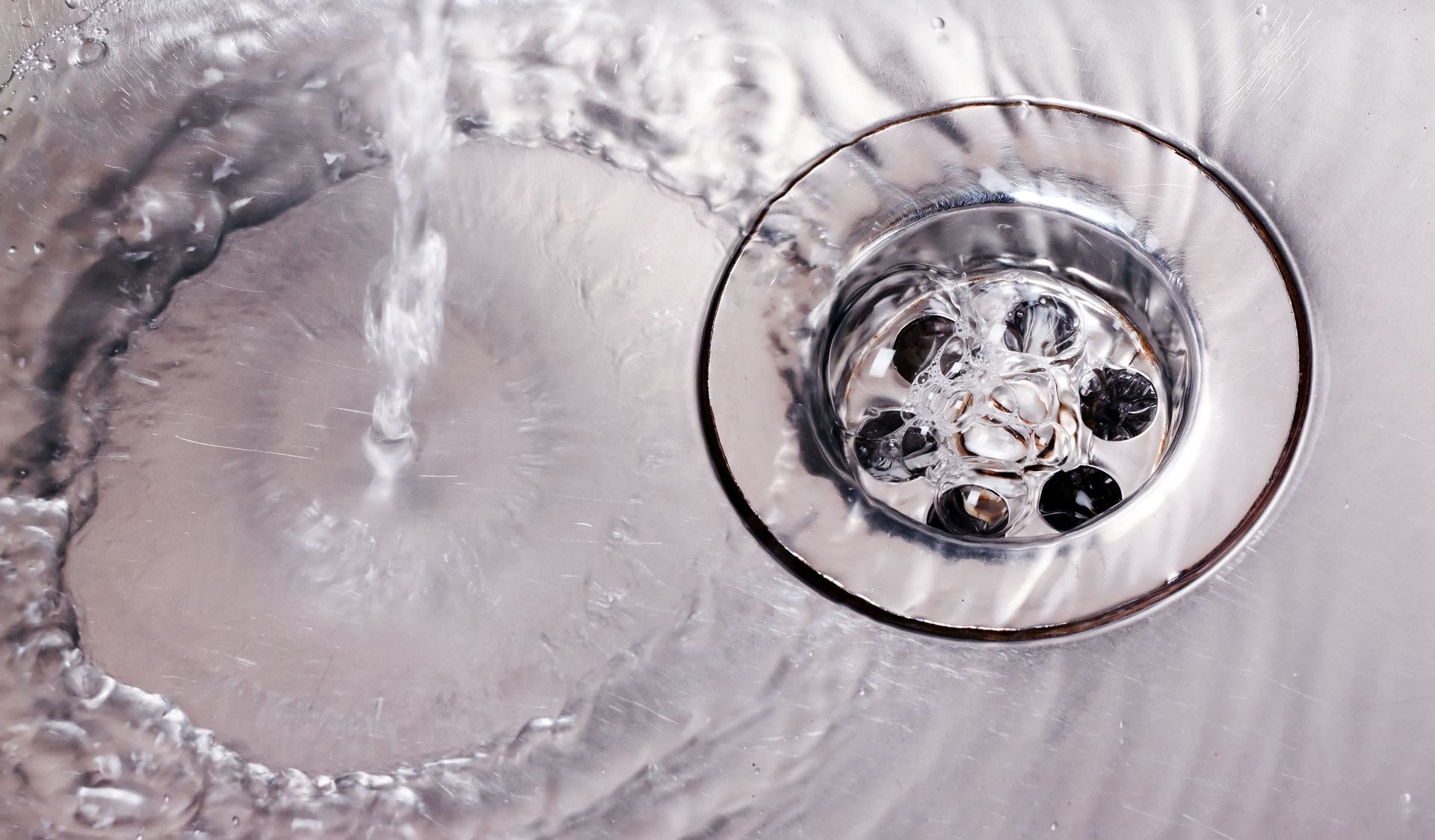
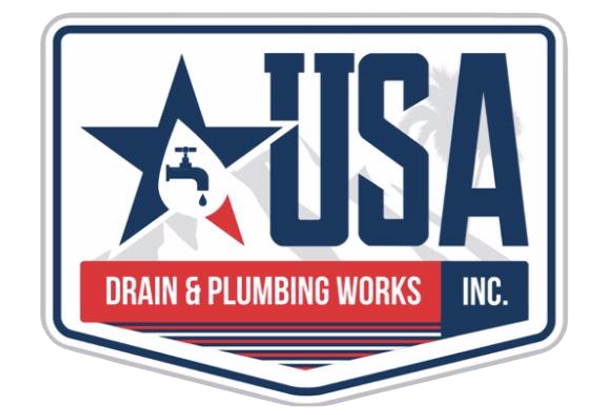
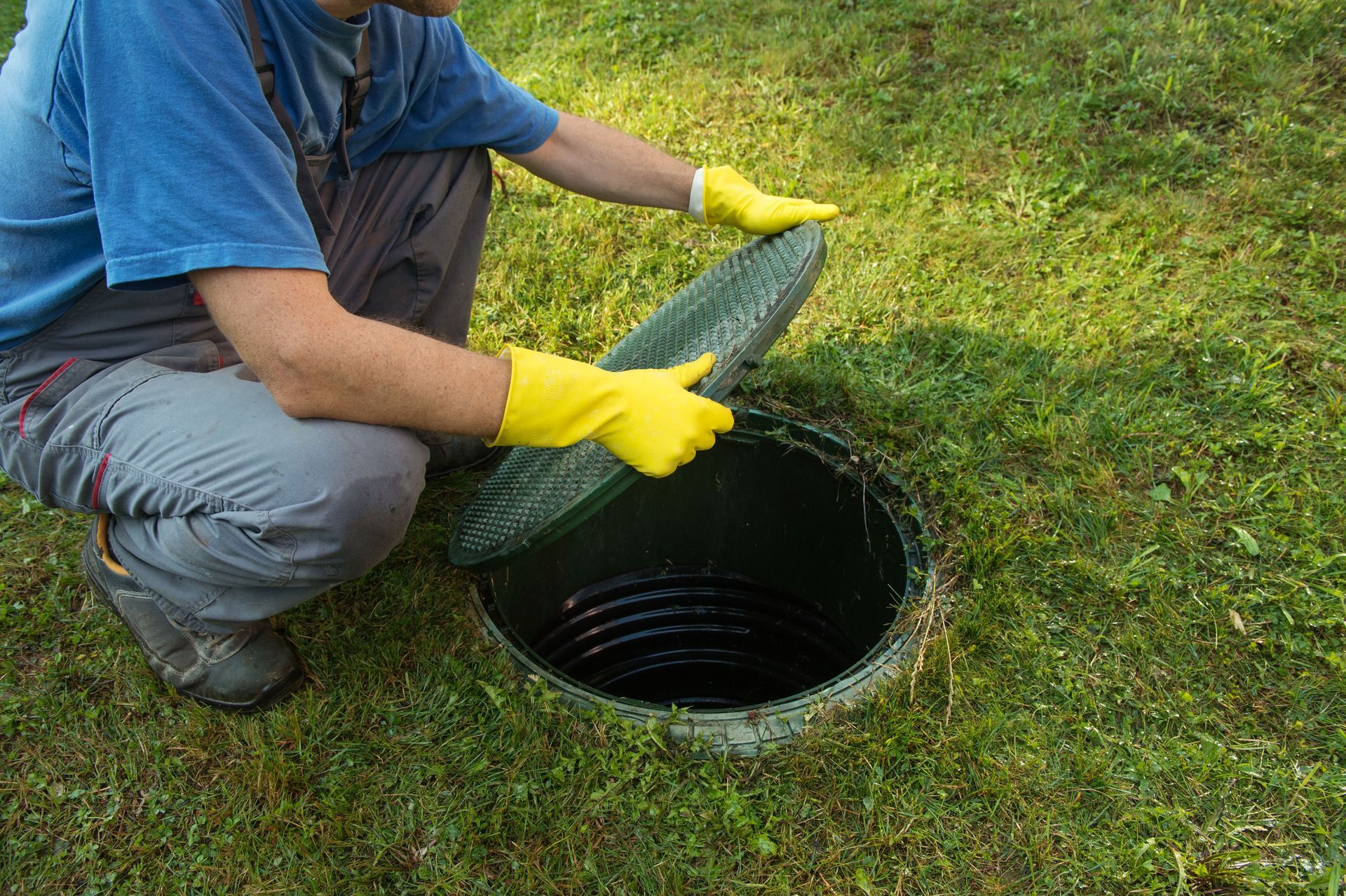
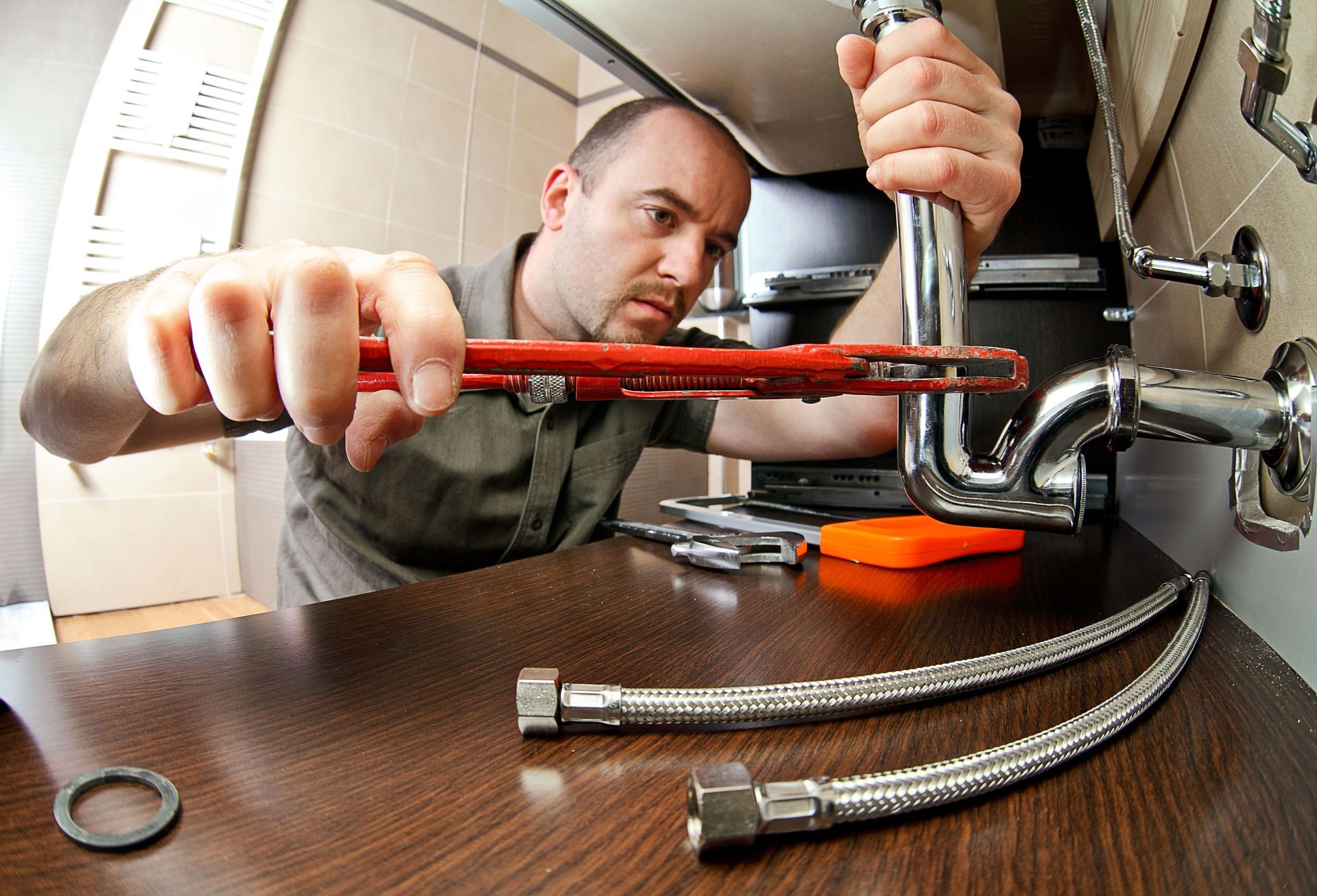
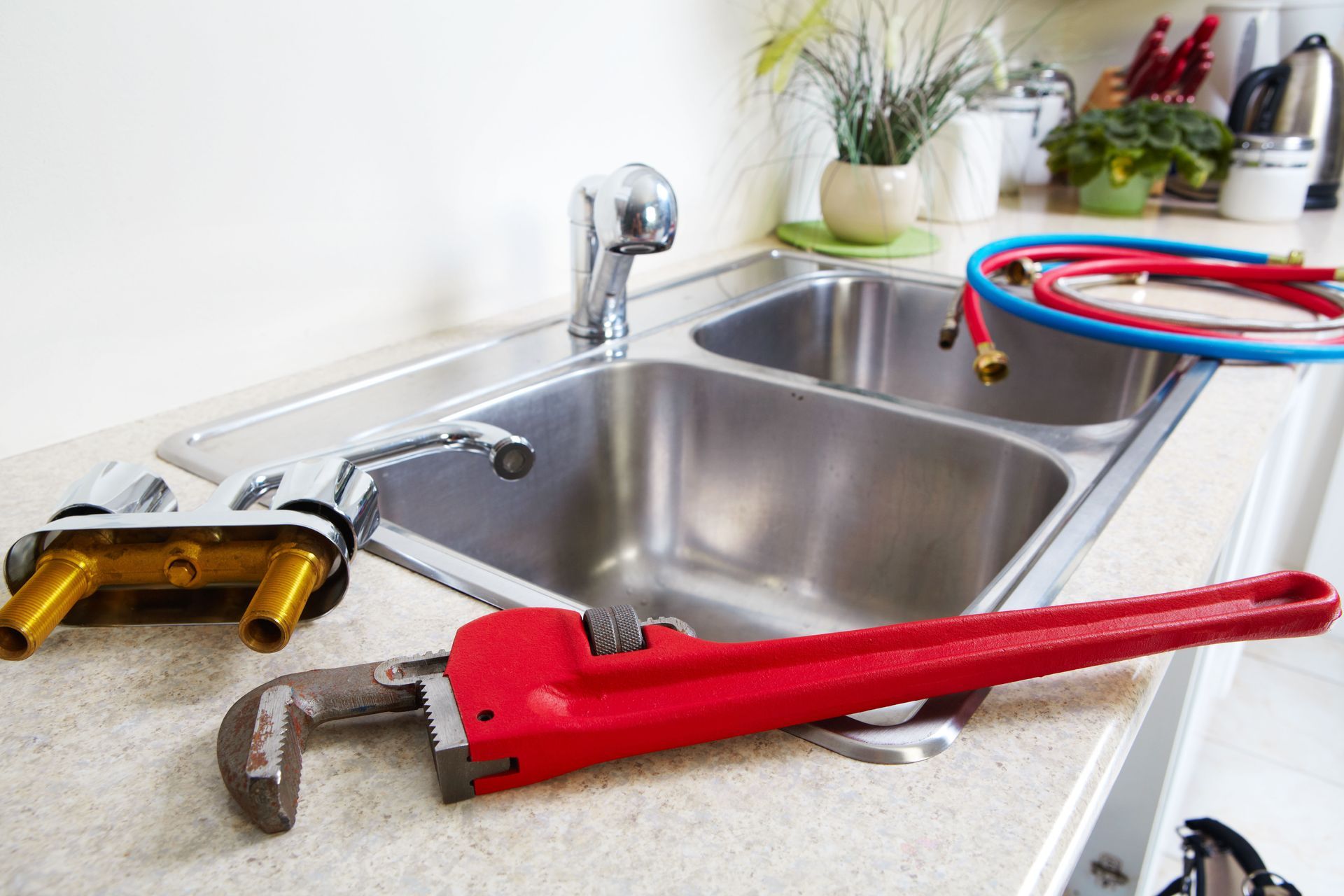
Share On: